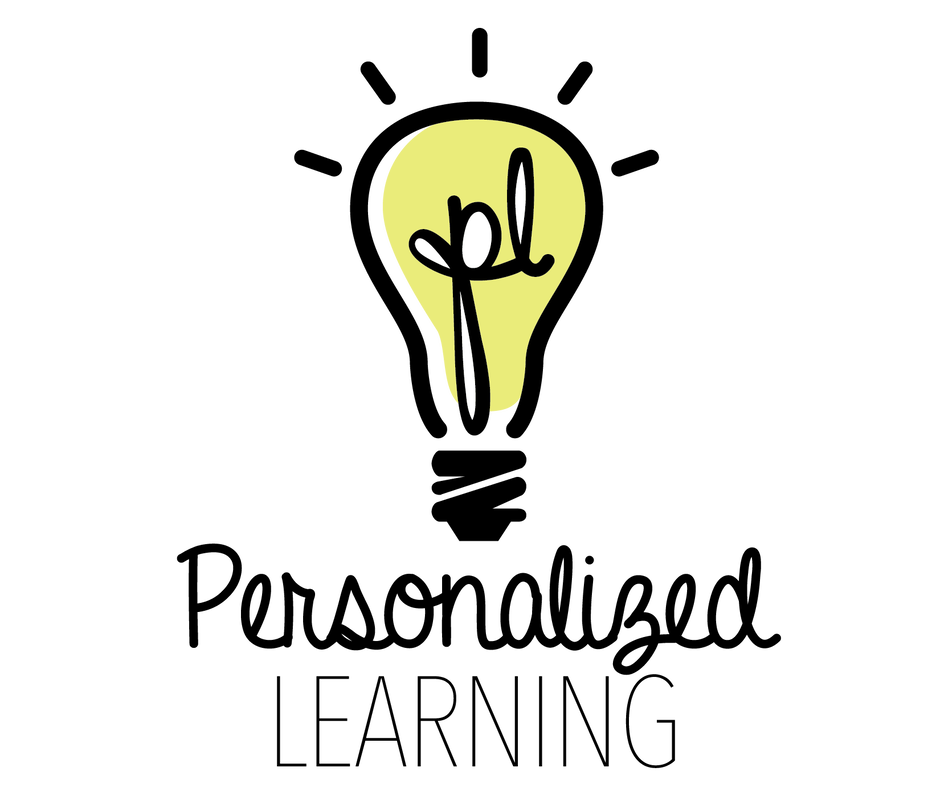Look-fors by indicator to be used during a campus visit
Not PL Ready/ PL Ready |
Consistent Practice/ Personalized |
|
Modeling the Why |
|
|
Culture of Empowerment |
|
|
PL Team Members |
|
|
PL Team Systems |
|
|

